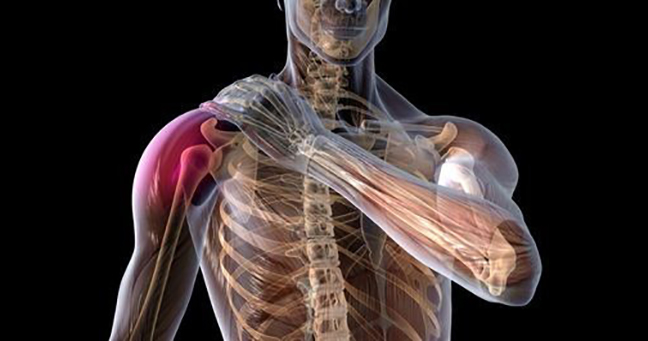
Health & Wellness
Shoulder Injuries in Golf
by Dr. Steven Page
Steven Page, MD is an Orthopedic Surgeon with a specialty in Sports Medicine at Sarasota Orthopedic Associates. He is Fellowship Trained and Board Certified. Dr. Page serves as a Team Physician for the Mustang football team at Lakewood Ranch High School.
Shoulder injuries are common in golfers. Stresses on the shoulder are different from other sports because each shoulder is in opposition when swinging the club. The forward shoulder stretches across the body with the trailing shoulder raised and rotated. This leads to different complications in each shoulder.
In addition, the rotator cuff muscles are placed under stress, as they are a major force in providing power and control of the swing. The leading, non-dominant shoulder is most commonly injured. It is placed into an extreme position during the backswing, causing impingement or pinching of the rotator cuff. This condition causes inflammation and rotator cuff tears. The placement may also put stress on the shoulder joint and cause tears of the labrum (a stabilizing structure in the shoulder).
Pain may be felt in the shoulder or upper arm at various phases of the golf swing or following play, often when the arms are overhead or at night. Injuries to the shoulder may be sustained from a poor golf swing, a mis-hit, or from overuse. Golfers can develop tendinitis and tears in the rotator cuff from a combination of poor mechanics and the repetitive motion of the golf swing.
Prevention
While many golf injuries occur due to a combination of overuse and poor technique, a lack of conditioning and flexibility also contribute to injuries and pain. Following these tips could greatly reduce the chance of injury:
• Rest between playing to prevent overuse injury.
• When in discomfort, decrease the amount of time you play.
• Shorten your backswing and turn more through the hips & waist.
• Refine your swing to decrease force on the shoulder joint (pro lessons will help).
• Exercise when not on the course to improve flexibility.
• Warm up with brief cardio and stretching.
In the event of injury, the following at-home
treatments may be effective at relieving pain:
• Shoulder pain should be treated initially with rest or decreased playing time.
• It’s best to completely avoid playing until pain is resolved.
• Nonsteroidal anti-inflammatory drugs may be helpful short-term.
• Icing over 24-48 hours may support relief.
• Range of motion exercises can improve flexibility.
• If pain persists beyond 7-10 days, consult your physician.
A sports medicine physician can examine the shoulder and obtain x-rays or an MRI to determine the cause of injury. Most injuries are treated with rest, anti-inflammatories, and/or physical therapy. Bursitis and tendinitis may be treated with a cortisone injection. For pain that persists despite treatment, surgery is an option to consider. Recent advances in arthroscopic surgery allow repair of most injuries through minimally invasive techniques, enabling quick return to your game and minimizing downtime.
The commitment of Sarasota Orthopedic Associates is to get our patients back on their feet, back to work, back in the game, and back to life. For an appointment, go to our website at www.SOA.md or call 941-951-2663.






You must be logged in to post a comment Login